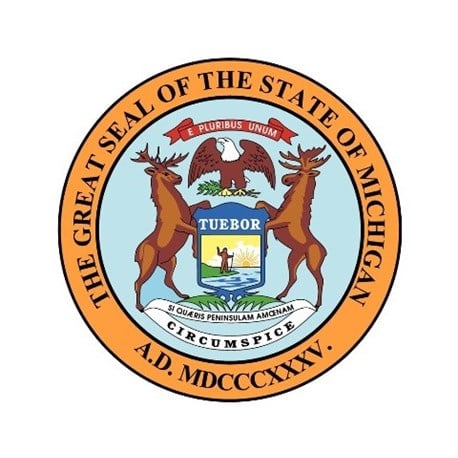When the Michigan Licensed Beverage Association (MLBA) decided in 2018 to set up a captive insurance company to provide liquor liability coverage to its members, its top executives believed Michigan would be the right home for the captive.
"We wanted to be in our home state, and Michigan is very receptive to captives," recalled Scott Ellis, the executive director of the MLBA in Lansing, Michigan.
As it turned out, Michigan was far more than just receptive. State captive regulators "have been amazing to work with. They are knowledgeable and always accessible," Mr. Ellis said.
Captive managers agree. "I have found Michigan to be accommodating and responsive and address client servicing needs for single-parent straightforward captives," said Ann Wick, president of Strategic Risk Solutions in Scottsdale, Arizona.
David Piner, Michigan's top captive regulator, "is very fair and flexible. He is a great regulator to work with," said Bill Mourelatos, a managing director with Aon PLC in Burlington, Vermont.
And that, in turn, has helped fuel the growth of Michigan as a captive domicile. At the end of 2023, Michigan had 26 captives, up from 24 in 2022.
More striking, though, than the increase in its licensed captives, has been the huge jump in the amount of business Michigan captives are doing.
In 2023, Michigan captives racked up more than $3 billion in gross written premiums, according to state captive regulators. By contrast, as recently as 2015, captives' gross written premiums were less than $100 million.
Michigan captive regulators say the state has several attractions for captive sponsors. "We are a progressive, business-centered domicile with well-reasoned regulation," said Dennis Dawis, a captive specialist at the Michigan Department of Insurance and Financial Services' Office of Insurance Evaluation in Lansing.
"Michigan-domiciled captive insurance companies are free to choose any CPA firm and actuarial firm of their liking," Mr. Dawis said, adding that Michigan does not have a premium tax but a low renewal fee based on the amount of premium the captive receives, which is capped at $100,000.
At the same time, state lawmakers have been active in keeping the captive statute up to date. For example, in 2018, Michigan lawmakers passed legislation giving captive insurers a new alternative financial reporting method. Under prior law, captives could either use generally accepted accounting principles, commonly known as GAAP, or statutory accounting principles (SAP). The new law gives a third alternative: international financial report standards, or IFRS, which are widely used outside the United States.
The legislation also changed captives' financial reporting deadlines. Previously, captives were required to file their annual reports by March 1. The 2018 law changed that deadline, stipulating that the report be submitted no later than 60 days after the end of a captive's fiscal year.
That March 1 deadline was not appropriate for captives with a fiscal year other than the calendar year, Mr. Dawis said.
Like other domiciles, Michigan's minimum capitalization and surplus requirements vary by captive type, with a $150,000 requirement for single-parent captives. A $400,000 requirement is set for association captives incorporated as a stock insurer or organized as a limited liability company and a $750,000 requirement for association captives incorporated as mutual insurers.
While Michigan does not impose premium taxes on captives, they do have to pay a renewal fee, which is based on captives' premium volume. The minimum renewal fee is $5,000, and the maximum is $100,000.

